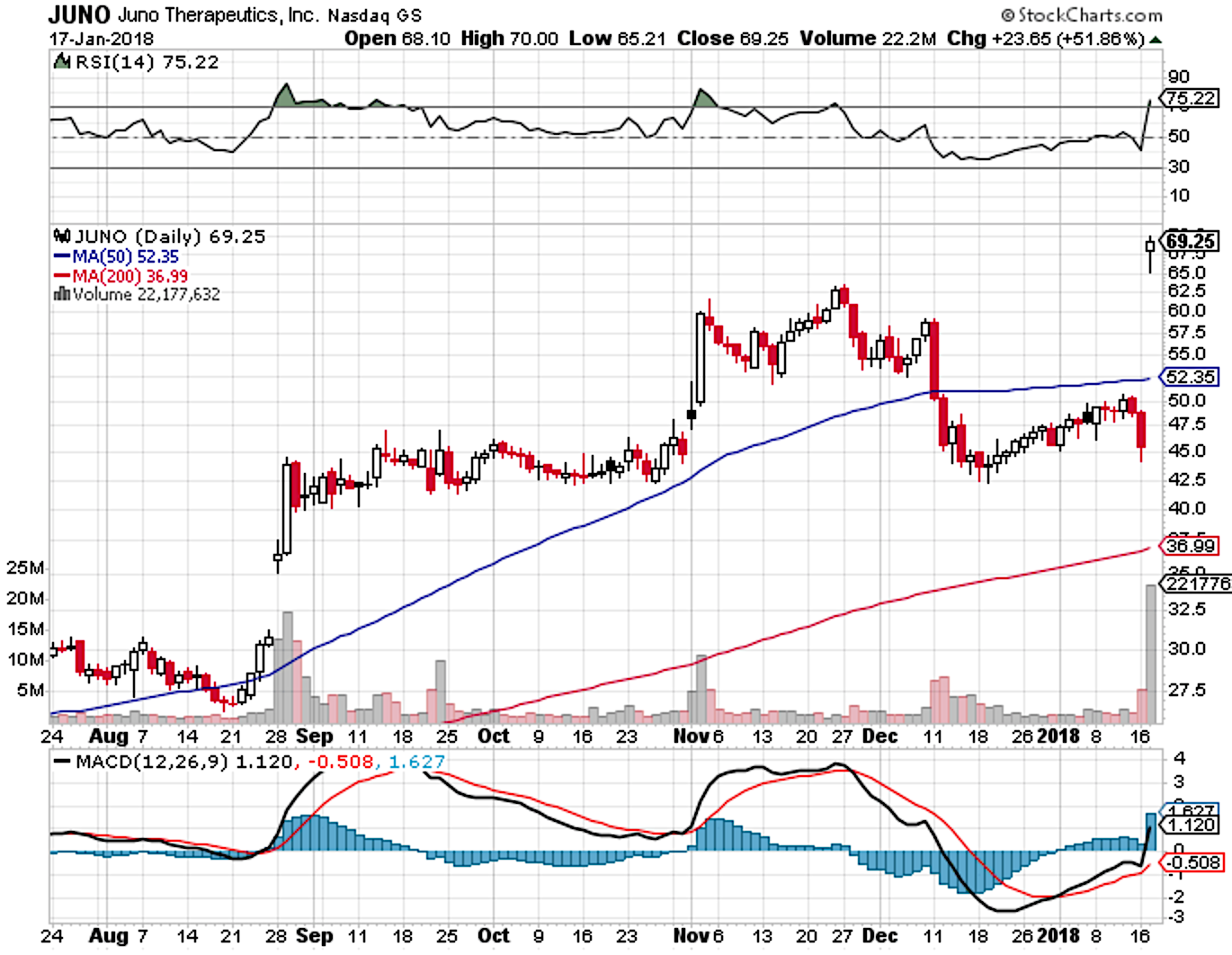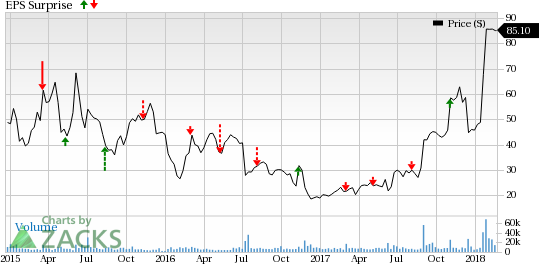
Memorial is changing the trials to keep more patients with heart disease from getting the treatment, and taking other steps to prevent future deaths. The other died of seizures, which can be a side effect of these cells. One, who had a history of heart problems, died of cardiovascular disease. On March 26, after being notified of the deaths, the Food and Drug Administration put the investigational new drug application, which allows Memorial to run the trial, on hold.īoth of them had side effects that results from the cytokine release syndrome. Paul Sabbatini, Deputy-Physician in Chief For Clinical Research and Memorial Sloan-Kettering, says that on March 7 Memorial decided to halt its studies because of two deaths that may have been caused by the cell treatment. It's worth noting that a lot of these patients die either from their disease or from complications of bone marrow transplants, which are the main treatment.Īlthough Juno, the company based in Seattle, is looking to start larger trials of this technique, the current studies were run by Memorial Sloan-Kettering. This is being called cytokine release syndrome. When these altered immune cells encounter cancer, they multiply like crazy and make the patient very sick – fevers, even neurological symptoms, can occur. In the Memorial Sloan-Kettering results updated this weekend, 88% of 16 patients on the cells had a complete response, meaning that pounds of cancer disappear from the patients' bodies. In this case, the cells recognize CD19, a protein that is on the outside of all B cells, another type of immune cell, and are being used to treat acute lymphoblastic leukemia (ALL), a disease of the B cells, and other blood cancers. Basically, this means that the T-cell is changed so that it will recognize another type of cell and destroy it. Antibody fragments are engineered to work as receptors for T-cells. The technique is called chimeric antigen receptor, or CAR, therapy. This spurred comments about the differences between the therapies in development by Carl June, the researcher leading Novartis' effort. Over the weekend at the annual meeting of the American Association for Cancer Research, two of Juno's founder s revealed that two patient deaths had led them to stop giving new patients the cell therapy until changes could be made to their clinical trial. The team ofĬelgene and Bluebird has also entered the field, as has Kite Pharmaceuticals. Memorial Sloan-Kettering Cancer Center In New York and the Fred Hutchinson Cancer Research Center in Seattle that raised $145 million from investors including Jeff Bezos earlier this year. Novartis, working with researchers at the University of Pennsylvania, and Juno Therapeutics, a roll-up of research at Several companies are racing to commercialize this technology.

Orphan designation is assigned by a regulatory body to encourage companies to develop drugs for rare diseases.One of the most exciting new avenues in cancer research is the development of techniques to genetically re-engineer a patient's own immune cells to destroy tumors. I do not agree to share my email address with the organization providing my access to AdisInsight

I agree to share my email address with the organization providing my access to AdisInsight
JUNO THERAPEUTICS REGISTRATION
If you opt-out your email will still be collected for registration purposes. You have the right to opt-out of sharing your email address with your organization but doing so may negatively affect your organization’s decision to renew their subscription to AdisInsight.

The number of times you access AdisInsight, the number of searches you performed, and the number of profiles you viewed will be provided to your organization both in aggregate with other users and individually by your email address.

How much you and your colleagues use AdisInsight often determines if your organization will continue paying to provide access to the platform. By accessing or using the AdisInsight platform you agree to the terms of use.


 0 kommentar(er)
0 kommentar(er)
